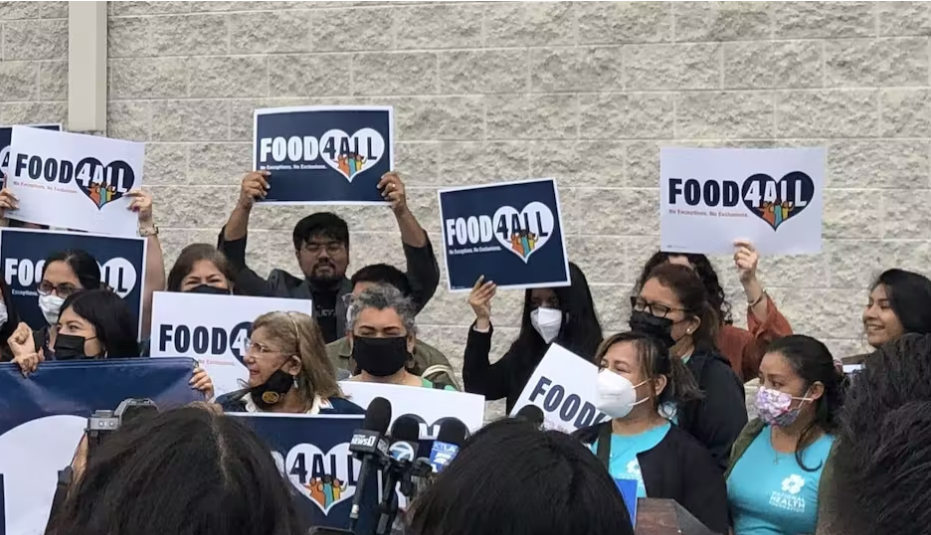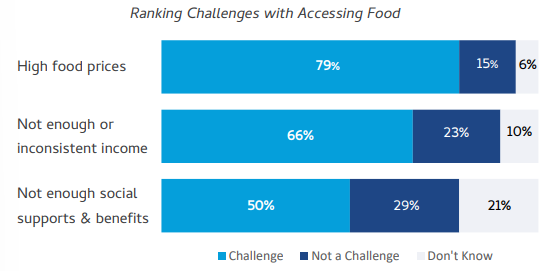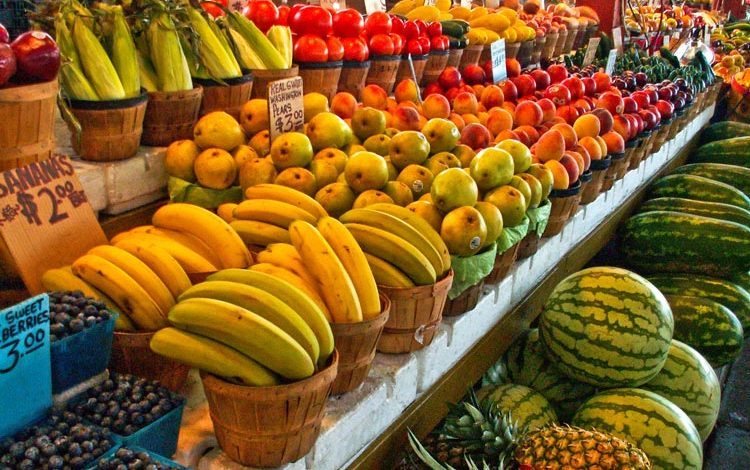


In June 2022, the California state legislature agreed to remove exclusions to the California Food Assistance Program (CFAP/CalFresh) for all immigrant California residents 55+, and expanded the state budget to account for this change. The San Diego Refugee Community Coalition (SDRCC), the Youth Advisory Council (YAC), and UCSD’s Refugee Health Unit (RHU) have joined the fight to make CalFresh available for all California immigrants, no matter their age or status. While there is still much progress to be made, their efforts have made state-issued benefits, and subsequently healthy food, accessible for hundreds of thousands of immigrants previously excluded from such programs.
CalFresh, which provides monetary assistance for food purchase to low-income California residents, currently serves about 38,000 “qualified immigrants.” However, the regulation for CalFresh applicants under 55 excludes undocumented immigrants, Deffered Action for Childhood Arrivals (DACA) recipients, Temporary Protected Status (TPS) holders, and certain visa holders. The limitations on the program frequently prevent families from receiving the aid they need. The goal of the Food4All campaign is to make CalFresh available for all immigrants residing in California.
“Across California, more than one in three adult immigrants experience food insecurity,” said Muneera Gardezi, a policy advocate at Nourish California, one of the organizations leading the Food4All campaign. The COVID-19 pandemic has exacerbated the effects of the program’s select accessibility. The overwhelming majority of adult immigrants suffering from food insecurity have to worry about their children as well as themselves. An inability to access federal food assistance programs can lead families to default to cheaper, less healthy food, rely on school-age children for additional labor and financial support, and affect the ability of children still in school to focus and learn effectively. It can also add to pre-existing feelings of fear and worries about discrimination.
The bill is as much a matter of equity as it is hunger. Language barriers and racial biases against immigrants or minorities applying for government assistance make it even harder for them to obtain the resources they need. UCSD YAC member Soleil testified about her involvement in Food4All and how it would positively affect her community if CalFresh was accessible for all California immigrants. “Hearing the personal stories of those who are directly impacted – those that sell food, but can’t provide for their own families, for example – has given me a deeper understanding of why this campaign is important, and how urgent it is,” she said. The SDRCC, YAC, and RHU will continue advocating for CalFresh to provide fully open assistance to obtain healthy food, until Food4All is a reality for all California immigrants.
Food4All is just one part of the push for food equity in the United States. For the first time in more than fifty years, in September 2022 the U.S. President will be hosting a White House Conference on Hunger, Nutrition, and Health. In preparation, Nourish California and the California Association of Food Banks held a Virtual Listening Session on July 11. The session was designed to hear from community members and advocates, such as YAC member Eric, in regards to community priorities for resolving hunger and nutrition accessibility issues. Eric, who is involved in advocacy at a statewide level as well as a local one, shared a story at the listening session. His experiences and passion made him a valuable participant. The White House’s conference will seek to recognize nutrition and hunger disparities among underserved communities in the US, and create a coordinated strategy to reform and instate national food policies. Stories such as Eric’s help illuminate prevalent issues in underserved communities, break them down into components that can be addressed, and generate ways to resolve those issues. They are valuable in informing the leaders and advocates who will be a part of the White House’s conference in September.
